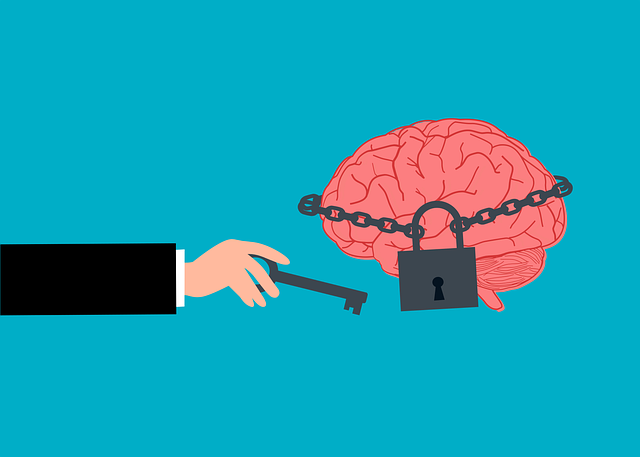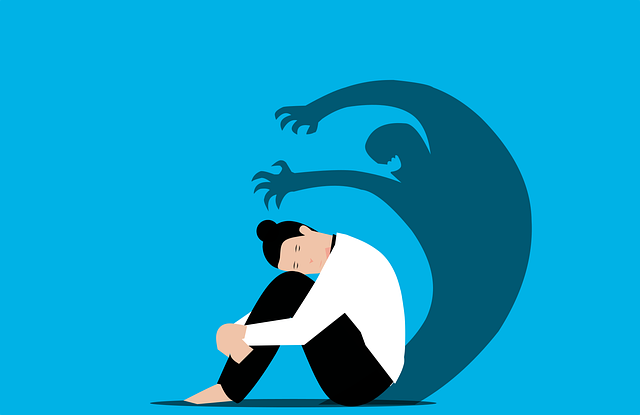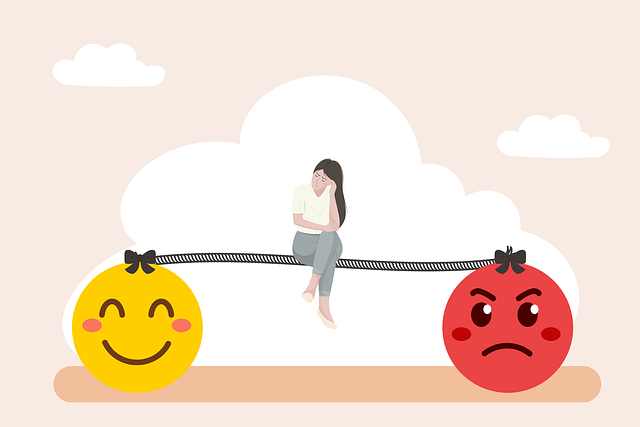Stress management is crucial for adults' mental and physical well-being, with chronic stress linked to health issues like cardiovascular disease, depression, and anxiety. Cognitive Behavioral Therapy (CBT) stands out as an effective therapy, empowering individuals to identify and change negative thought patterns and behaviors, thereby improving their control over stressful situations. Incorporating CBT techniques, along with Social Skills Training, enhances mental wellness, fosters healthier relationships, and prevents burnout. A holistic approach combining therapy, self-care practices like mindfulness and exercise, and joy-inducing activities is key to achieving long-term emotional resilience and overall well-being.
Stress reduction is essential for maintaining mental and physical health, especially in today’s fast-paced world. This article explores various methods to alleviate stress, focusing on Cognitive Behavioral Therapy (CBT) as a powerful tool proven effective for adults. We delve into CBT techniques, other stress management strategies, and practical ways to incorporate daily habits that reduce stress. Understanding the impact of chronic stress, these insights empower individuals to navigate life’s challenges with resilience.
- Understanding Stress and Its Impact on Adults
- Cognitive Behavioral Therapy: A Powerful Tool for Stress Reduction
- Other Effective Stress Management Techniques
- Incorporating Stress-Reducing Practices into Daily Life
Understanding Stress and Its Impact on Adults

Stress is a common experience among adults, often stemming from various sources like work pressure, financial concerns, or personal relationships. While occasional stress can be managed through simple coping mechanisms, chronic stress can have detrimental effects on both mental and physical health. It’s characterized by prolonged activation of the body’s stress response system, leading to symptoms such as increased heart rate, muscle tension, and difficulty sleeping. This constant state of heightened alertness can contribute to serious health issues like cardiovascular disease, depression, and anxiety disorders.
Cognitive Behavioral Therapy (CBT) is a highly effective therapy for adults dealing with stress-related issues. CBT helps individuals identify and challenge negative thought patterns and behaviors that contribute to stress. By replacing these with healthier, more adaptive strategies, adults can gain better control over their responses to stressful situations. Additionally, conflict resolution techniques and confidence-boosting exercises within CBT can be particularly beneficial in managing workplace stressors, preventing burnout among healthcare providers, and fostering healthier interpersonal dynamics.
Cognitive Behavioral Therapy: A Powerful Tool for Stress Reduction

Cognitive Behavioral Therapy (CBT) is a highly effective therapy for adults looking to manage and reduce stress levels. This therapeutic approach focuses on identifying and modifying negative thought patterns, behaviors, and emotional responses that contribute to feelings of stress and anxiety. By understanding how our thoughts influence our emotions, CBT equips individuals with valuable coping strategies to navigate challenging situations.
The therapy for adults involves collaborative work between the therapist and the client, where they explore the connection between thoughts, feelings, and behaviors. This process facilitates emotional healing processes by helping individuals challenge and replace self-destructive thought cycles with more realistic and positive ones. CBT has gained significant public awareness campaigns development as a go-to method for anxiety relief, offering a practical and structured framework to empower people in managing their stress effectively.
Other Effective Stress Management Techniques

In addition to regular exercise and mindfulness practices, there are several other effective stress management techniques that can help adults navigate their daily lives with greater ease. One highly regarded approach is Cognitive Behavioral Therapy (CBT), which focuses on identifying and changing negative thought patterns and behaviors contributing to stress. CBT helps individuals develop coping strategies, enhance mental wellness, and build resilience in the face of challenging situations.
Another valuable method is Social Skills Training, which equips adults with the tools to navigate social interactions more effectively. By improving communication, building healthy relationships, and fostering a sense of belonging, social skills training can significantly reduce stress levels. Combining these techniques with a holistic approach to wellness can create a powerful synergy, promoting overall mental health and well-being.
Incorporating Stress-Reducing Practices into Daily Life

Incorporating stress-reducing practices into daily life can be a game-changer for adults seeking to enhance their emotional well-being. Therapy, such as Cognitive Behavioral Therapy (CBT), offers powerful tools and techniques to manage stress effectively. CBT helps individuals identify and change negative thought patterns, fostering a more positive mindset and promoting emotional resilience. By integrating therapy into one’s routine, adults can develop empathy building strategies and learn self-care practices tailored to their unique needs.
Creating a consistent self-care routine is an essential aspect of stress reduction. This involves setting aside dedicated time for activities that nurture mental health, such as mindfulness exercises, deep breathing techniques, or engaging in hobbies that bring joy. Such practices not only help in the moment but also contribute to long-term emotional well-being promotion techniques. Through consistent effort, individuals can better navigate life’s challenges and maintain a sense of balance.
Stress is an inevitable part of life, but that doesn’t mean we have to succumb to its negative effects. By understanding stress and its impact on adults, we can arm ourselves with powerful tools like Cognitive Behavioral Therapy (CBT) to effectively manage and reduce it. CBT has proven to be a game-changer in the world of therapy for adults, offering practical strategies to reframe negative thinking patterns and behaviors. Additionally, incorporating other effective stress management techniques into daily life—such as mindfulness, exercise, and social support—can further enhance our ability to navigate and overcome stress. It’s time to embrace these practices and weave them into our routines, fostering a symphony of well-being and resilience in the face of life’s challenges.














